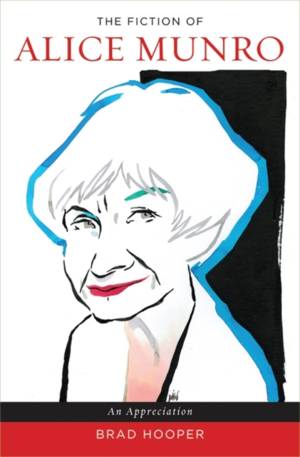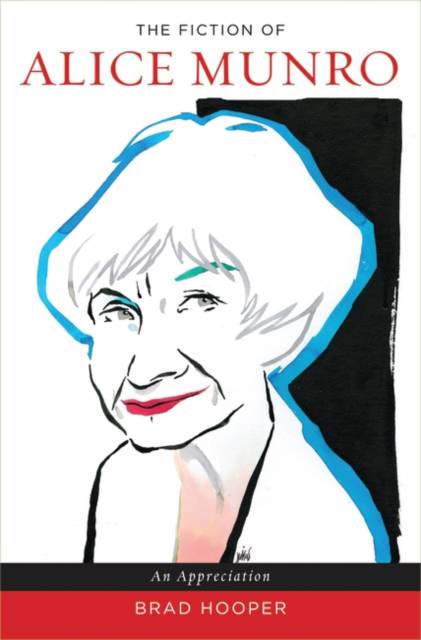
- Retrait gratuit dans votre magasin Club
- 7.000.000 titres dans notre catalogue
- Payer en toute sécurité
- Toujours un magasin près de chez vous
- Retrait gratuit dans votre magasin Club
- 7.000.0000 titres dans notre catalogue
- Payer en toute sécurité
- Toujours un magasin près de chez vous
Description
As a short-story writer, Alice Munro has achieved high critical and popular regard in both her native Canada and in the United States. Indeed, Munro has been adopted by the entire English-speaking world as one of its own, and her work has received many awards and honors. In the U.S., she is roundly regarded as one of the best--if not the best--contemporary writers of the short story, and one of the greatest living fiction writers. Here, Brad Hooper takes readers through her fiction, work by work, discussing the themes, forms, techniques, and styles she employs to make her work come alive.
Munro has founded her own brand of the short story: longer than traditionally practiced in the short-story form and encompassing broader time frames. Her stories are primarily character studies that explore the impact of physical and mental isolation in adolescence, middle age, and into elder years. Hooper traces Munro's evolving definition of the short story form and surveys the fiction in an effort to elucidate the works for newcomers and enthusiasts alike.Spécifications
Parties prenantes
- Auteur(s) :
- Editeur:
Contenu
- Nombre de pages :
- 184
- Langue:
- Anglais
Caractéristiques
- EAN:
- 9780275991210
- Date de parution :
- 01-06-08
- Format:
- Livre relié
- Format numérique:
- Ongenaaid / garenloos gebonden
- Dimensions :
- 160 mm x 236 mm
- Poids :
- 453 g

Les avis
Nous publions uniquement les avis qui respectent les conditions requises. Consultez nos conditions pour les avis.






